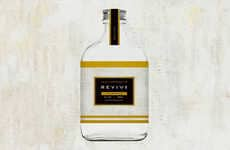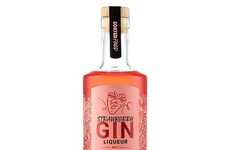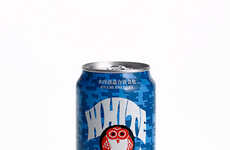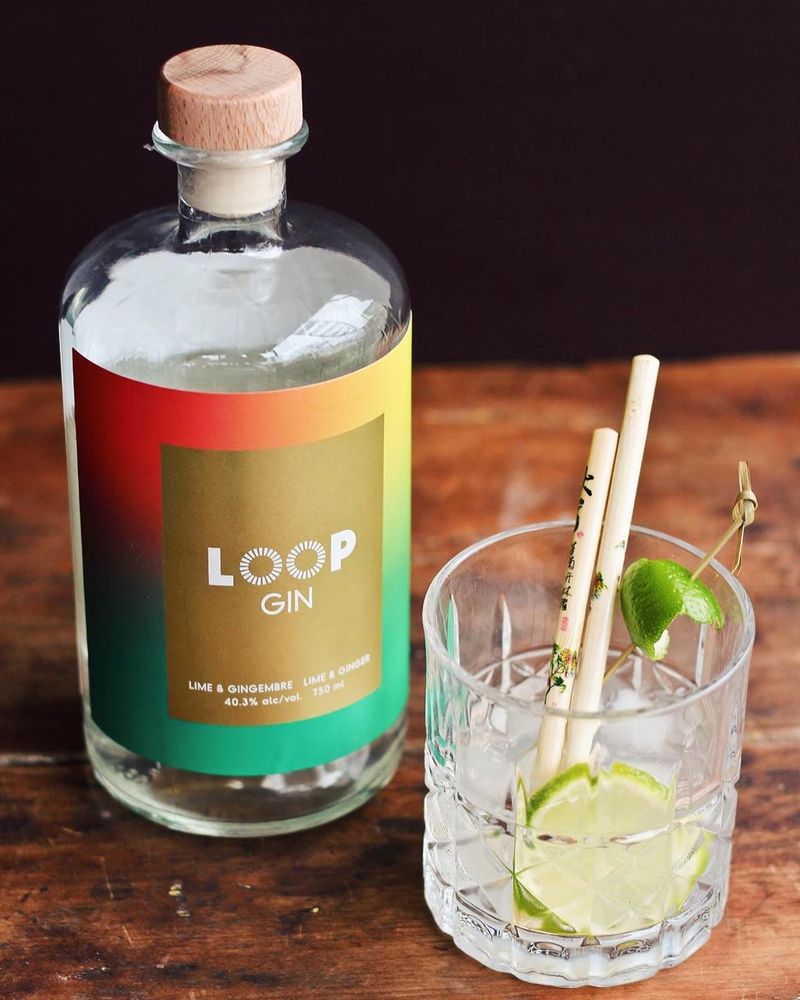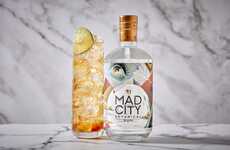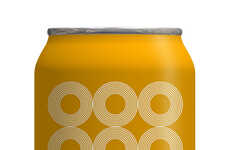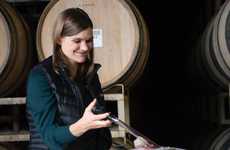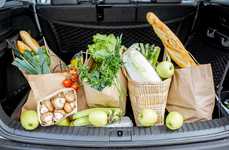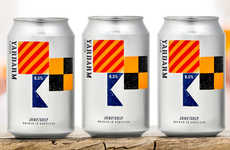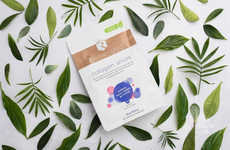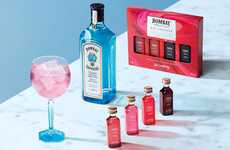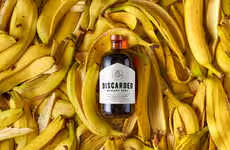
LOOP Mission's GIN is Made with Rescued Ingredients
Laura McQuarrie — February 20, 2020 — Eco
References: loopmission & instagram
LOOP Mission is in the business of making juices from fruits and vegetables that would otherwise go to waste, as well as a few alcohol products that help to minimize its own waste stream. LOOP GIN helps to make the most of overstock from the Yum Yum chip factory and turns excess potato cuttings into a fresh and zesty gin that's mixed with cold-pressed juice from rescued lime and ginger.
Like LOOP Mission, a handful of brands are bringing attention to the issue of food waste by creating entirely new products from industry by-products or produce that's deemed not fit for sale, typically for a less-than-perfect appearance that's not likely to sell in stores.
Image Credit: LOOP Mission
Like LOOP Mission, a handful of brands are bringing attention to the issue of food waste by creating entirely new products from industry by-products or produce that's deemed not fit for sale, typically for a less-than-perfect appearance that's not likely to sell in stores.
Image Credit: LOOP Mission
Trend Themes
1. Waste-reducing Beverages - Creating alcoholic and non-alcoholic beverages using rescued ingredients and by-products presents an opportunity for reducing waste in the food and beverage industry.
2. Upcycled Food and Beverage Products - Transforming discarded ingredients into new, marketable products showcases the potential for innovative solutions to combat food waste.
3. Sustainable Distilling - Producing spirits with rescued ingredients demonstrates the demand for eco-friendly and socially responsible practices in the beverage industry.
Industry Implications
1. Food and Beverage - The food and beverage industry can explore new ways to minimize waste by incorporating rescued ingredients and by-products into their products.
2. Alcohol Production - Innovative alcohol producers have an opportunity to create unique spirits by utilizing ingredients that would otherwise go to waste, helping to reduce environmental impact.
3. Sustainable Packaging - The sustainable packaging industry can support waste-reducing beverage brands by providing eco-friendly packaging solutions that align with their values.
4.6
Score
Popularity
Activity
Freshness


